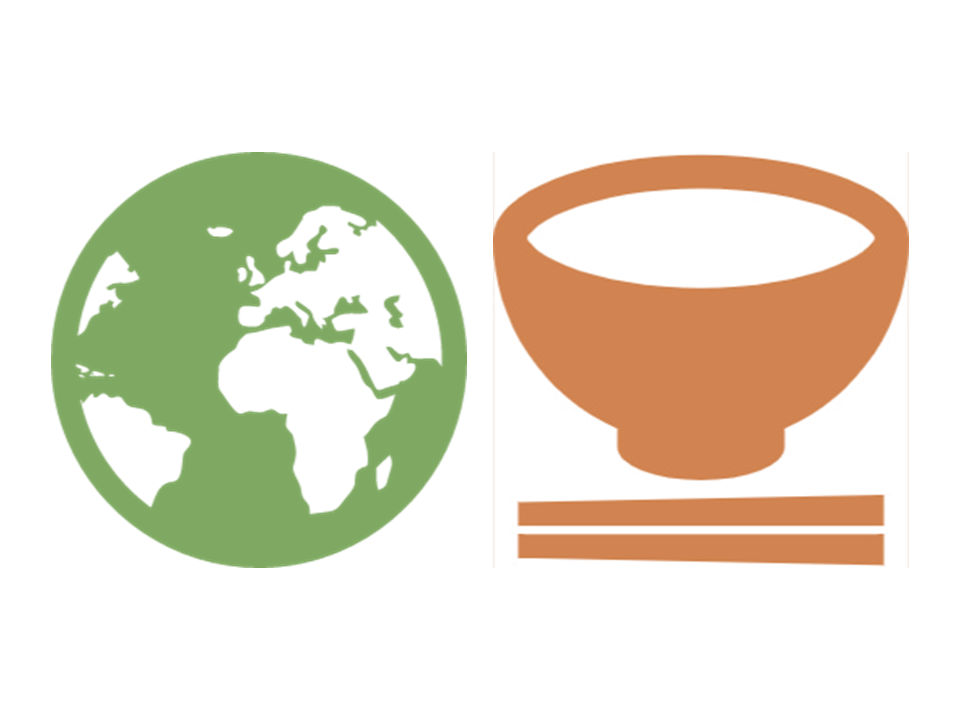Pick Up
777. Nature Food: The Food-Climate Nexus

777. Nature Food: The Food-Climate Nexus
The relationship between food systems and climate change is a two-way street. The food system suffers greatly from climate change, but it also contributes negatively to climate change by emitting greenhouse gases through excessive fertilizer use and land use change. On the other hand, innovations in the food system can contribute to climate change mitigation and adaptation. The measures to be taken are not only technological, but also institutional, financial and political, as well as human behavioral changes, and urgent action is needed.
The term ‘nexus’ is used to describe this connection between food systems and climate change. The nexus is a noun meaning ‘link’, ‘chain’, or ‘connection’, and it seems to be used to describe the close, bidirectional causal relationship between food systems and climate change, and between climate change and biodiversity, and all of the above. Here is a discussion of the food-climate nexus, food systems and climate change, published in Nature Food.
The article refers to the Sixth Assessment Synthesis Report (AR6) of the Intergovernmental Panel on Climate Change (IPCC), released in March this year, and discusses how the food system now accounts for one-third of global anthropogenic greenhouse gas emissions, while global food security is threatened by the impacts of climate change. The potential contribution of food systems to mitigation and adaptation measures was highlighted. While all sectors will need to work on mitigation and adaptation to achieve the goals of the Paris Agreement, the AR6 report noted the relatively low costs and immediate impacts (e.g., improved health) that can be expected from addressing food-related sectors that are closely linked to other sectors. Improvements in factors such as agricultural production, dietary habits, and land use can lead to mitigation actions.
As a result, the AR6 report provides more credible evidence of loss and damage than previous reports, improves the accuracy of cost-benefit assessments of specific climate change measures, engages a broad range of social scientists in considering the human dimensions of climate change, and makes clear for the first time that the global economy could reap benefits that outweigh the costs of pursuing climate stabilization. However, the report takes a comprehensive approach to assessing the risks, impacts and responses associated with changes in different sectors of the economy, as well as the synergies and trade-offs arising from such changes, and finds that while the world is making progress toward mitigating climate change, it is not enough to meet the 1.5°C goal under the Paris Agreement. The report also found that while the world is making progress in mitigating climate change, it is not enough to meet the 1.5°C goal under the Paris Agreement.
The Nature Food special issue Food-Climate Nexus focuses on the linkages between food systems and climate change, proposing win-win solutions for policymakers to consider. On the other hand, the model in the AR6 report does not adequately cover nutritional aspects and focuses mainly on technical aspects, failing to adequately address the three main pillars of food security: accessibility, availability and stability. In addition, data limitations forced a compromise on the granularity of model results, which is a matter of consistency and applicability at different scales and under different conditions.
Inclusiveness and equity must not be forgotten. The adaptation gap is larger for low-income groups, and this gap can be closed by supporting society as a whole with a view to climate justice.
Finally, it is important to note that quantitative assessments of adaptation to climate change do not adequately reflect the impacts of climate change, and assessment models used to evaluate future climate change scenarios are not good at predicting the costs and effectiveness of specific adaptation measures in different contexts. This AR6 is likely to be the last report before the 1.5°C temperature increase is exceeded, but the challenge is how accurately we can predict and assess climate change trends in the future. Climate change is no longer someone else's problem, researchers have an important role to play, and action is needed from everyone.
Reference
The food–climate nexus. Nat Food 4, 271 (2023). https://doi.org/10.1038/s43016-023-00745-6
Contributors: Solongo TUMUR and IIYAMA Miyuki (Information Program)
